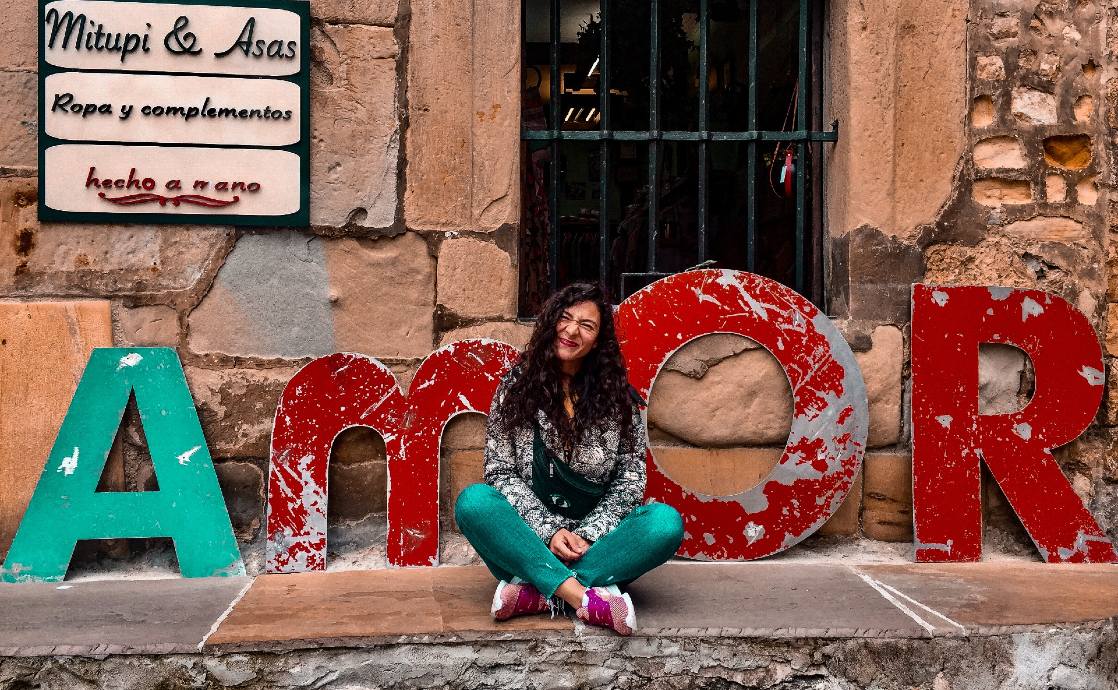The intricate tapestry of human interactions has often been marred by the pernicious specter of racism. This social malady pervades our global landscape, engendering divisions and fostering inequities among diverse demographic groups. Within this context, the Bahá’í teachings provide a moral compass and actionable guidelines towards dismantling prejudice and fostering a culture of unity. Particularly, the Latino community, a vibrant and multifaceted segment of society, holds a pivotal position in this endeavor. Their unique cultural heritage, profound historical experiences, and innate resilience equip them to be indispensable allies in the fight against racism.
The role of Latino individuals in the ongoing struggle against racism can be viewed through several lenses, each providing a distinct but interconnected perspective. First and foremost is the principle of the oneness of humanity, which forms the bedrock of Bahá’í philosophy. This tenet advocates for recognizing the inherent worth and dignity of all individuals, regardless of racial or ethnic background. Latinos, often encountering their own forms of discrimination, can draw upon this shared experience of marginalization to foster empathy towards other oppressed communities.
Secondly, the cultural narratives embedded within Latino communities often emphasize the richness of diversity. From vibrant festivals to intricate culinary traditions, the Latino heritage celebrates a myriad of influences, including Indigenous, African, and European elements. By embracing this multifaceted identity, Latino individuals can serve as exemplars for appreciating the beauty of cultural pluralism. This appreciation cultivates a recognition that differences should not be met with scorn, but rather with admiration and a desire for harmony.
Furthermore, the Latino population is characterized by a deep-rooted commitment to community and familial bonds. This intrinsic value can be harnessed to create inclusive dialogues aimed at bridging divides. Community forums can be established, wherein Latino voices can articulate their experiences and concerns related to racism, fostering a collaborative atmosphere for understanding across various ethnic groups. These gatherings possess the potential to transform mutual experiences of prejudice into collective empowerment, thereby dismantling barriers of misunderstanding.
Political activism is another realm where Latino communities can play an instrumental role. Historically, Latino activists have led movements that address social injustices while advocating for policy reform. The connection between systemic inequalities and racism is palpable, and Latinos, by amplifying their voices within political spheres, can catalyze change that uplifts not only their own community but also others affected by racism. This proactive stance underscores the necessity for solidarity in combating social maladies that plague society.
Education, too, emerges as a critical avenue through which the Latino community can influence societal perceptions about race and racism. By prioritizing educational initiatives that foster anti-racist curricula, Latino educators can help debunk myths and stereotypes about their community. This shift in educational focus not only benefits Latino students but also enhances the learning experiences of all students. In this way, education serves as a powerful tool for shaping cultural narratives and fostering a generation that is more cognizant of the injustices perpetuated by racism.
Moreover, the engagement of Latino individuals in artistic expressions—be it through literature, music, or visual arts—can elucidate the complexities of racism and resonate with broader audiences. Art captures truths that often elude verbal articulation and can provoke a deeper understanding of the emotional and psychological ramifications of prejudice. The sociopolitical commentaries found within Latino art can serve as a mirror for society, prompting contemplation and dialogue around racial issues.
Importantly, while recognizing the substantial contributions of the Latino community, it is integral to acknowledge the necessity for inclusivity within this discourse. Efforts to combat racism must embody a collective approach that incorporates various ethnicities and their experiences. It is not merely about one group versus another, but rather a unified front against a common adversary—racism itself. Latino individuals, therefore, can embody the spirit of inclusion by forging alliances with other marginalized groups to form coalitions that amplify their collective voices.
Ultimately, the eradication of racism requires not only individual commitment but collective action. Latinos, with their rich cultural heritage and profound understanding of social injustices, are uniquely positioned to champion this cause. In embodying the Bahá’í principle of unity in diversity, they can galvanize communities towards recognizing shared humanity. This journey demands a shift in consciousness, fostering a societal ethos that celebrates diversity while rejecting the divisive nature of racial prejudice.
In conclusion, the path towards a more equitable future lies within the hands of those willing to take a stand against racism. Latino individuals, imbued with a sense of cultural pride and communal responsibility, can lead this charge. By advocating for empathy, engagement, and collaboration, they can illuminate the insidious nature of racism, encourage discourse, and, ultimately, contribute to a world where the oneness of humanity is not merely an ideal, but a lived reality. Through their unique experiences and enduring commitment, Latinos can undeniably play a transformative role in shaping a future free from the shackles of discrimination.
